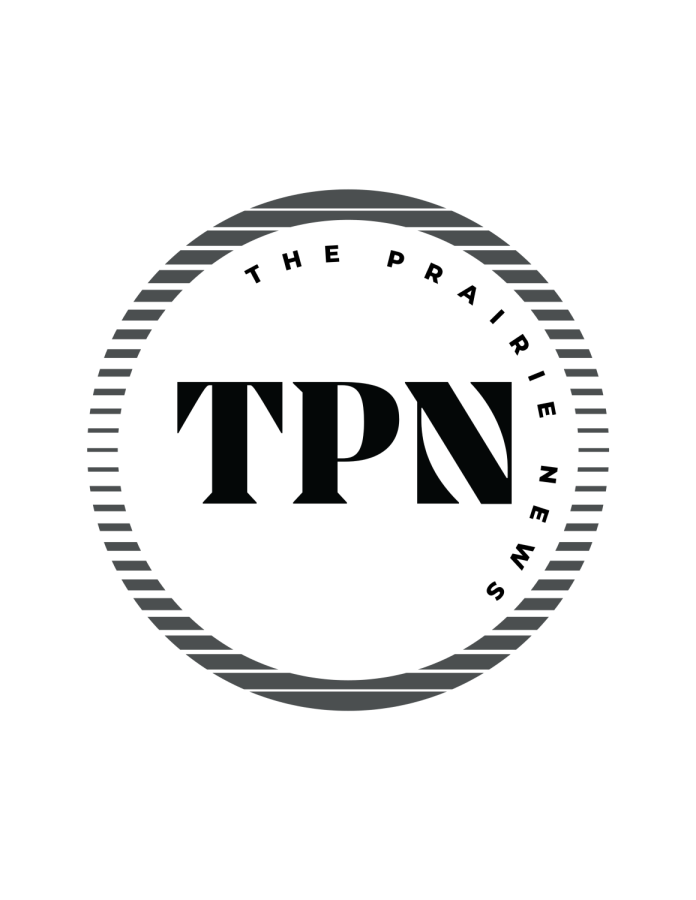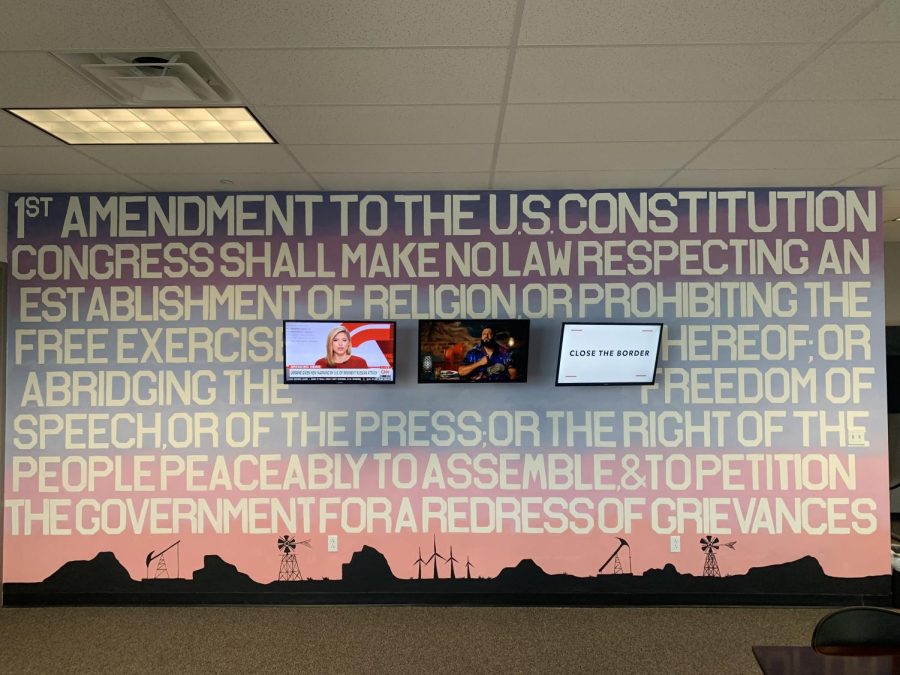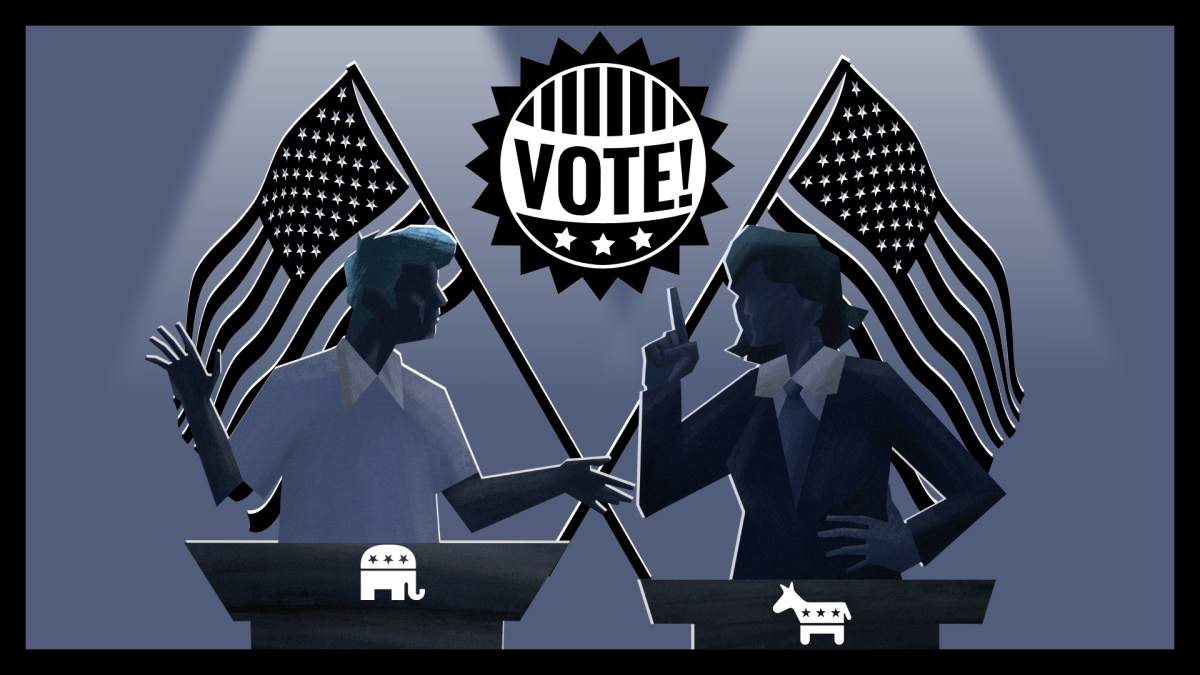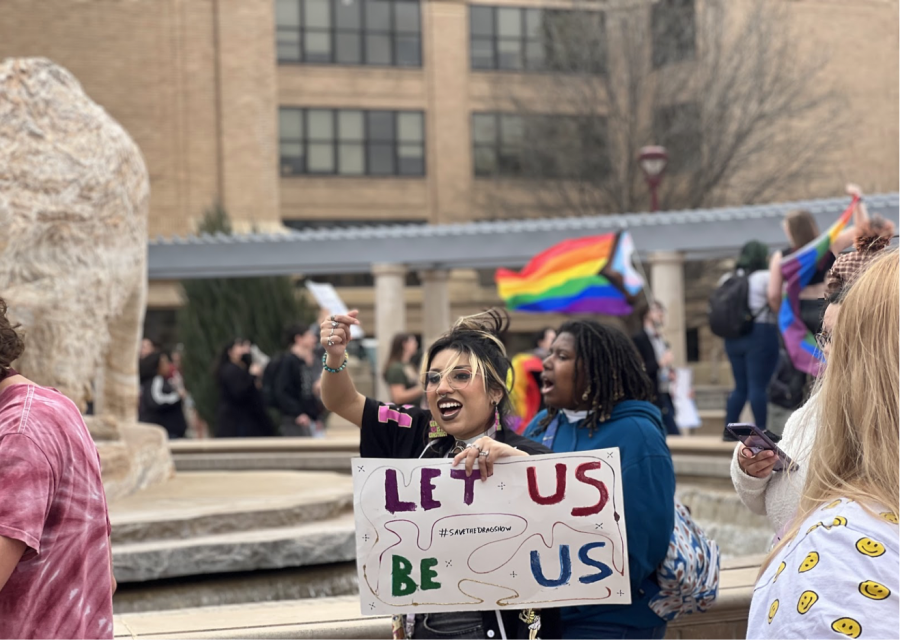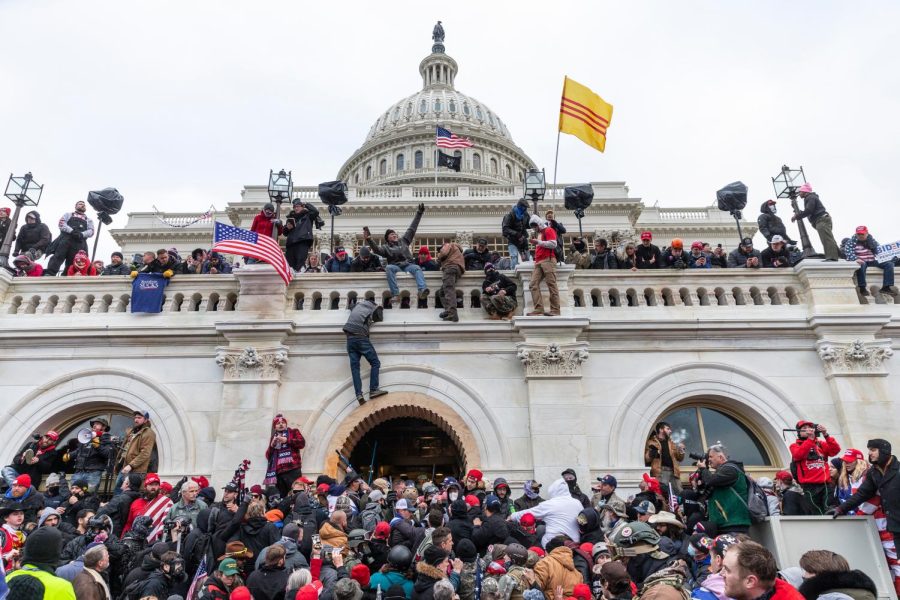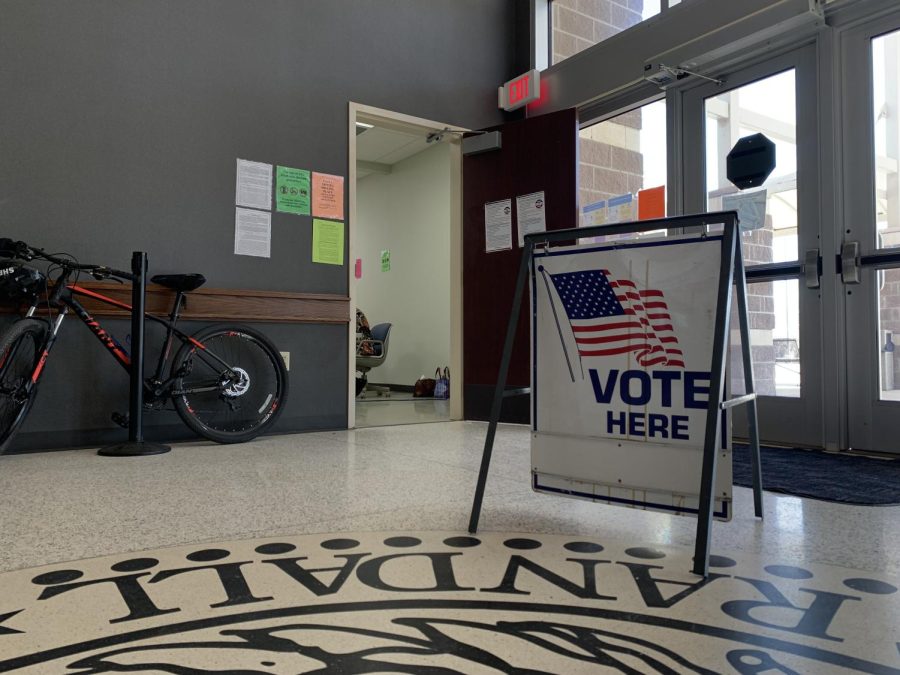Americans paying attention to the political environment in the country would find it very hard not to notice the continually deepening chasm of partisan rhetoric that has grown between the left and the right over the past decades. With neither party willing to compromise, back down or work together, very little gets done without first passing through a fiery hail of arguments. Candidates up for election attack their opponents for just being the other guy without actually arguing why their views are any better. The stench of this political quagmire is everywhere; from the lowest levels of municipal governments to the highest offices in the land. While the Republicans and Democrats can shoulder a good portion of the blame, as well as their ardent supporters who refuse to hold civil discourse, another factor has continued to stoke the flames of division and make the hope of cooperation seem increasingly hopeless.
A finger of blame can be pointed squarely at the American news media. Newspapers, radio talk-shows, web blogs and 24/7 cable news channels have all bought eagerly into playing up partisan politics for the benefit of ratings and to the detriment of the American people. This issue becomes extremely noticeable during every election cycle, major news stories falling by the wayside in favor of picking apart every gaffe, every campaign stop, every attack ad and ceaselessly beating whichever drum the audience wants to hear. Talking heads array themselves around tables and in front of cameras across the nation, not to have meaningful discussions about the political situation of the nation but to yell, grouse, complain and accuse.
On Oct. 14, 2004, comedian and host of The Daily Show John Stewart made an appearance on the CNN debate show Crossfire. The program’s two hosts, one from either side of the political spectrum, expected jokes from Stewart but instead received harsh criticism. Stewart took the hosts to task for what he called partisan hackery, reducing complex issues to combative arguments and meaningless talking points in order to drum up viewers, all the while hurting the American public by squandering a chance at providing insight and discourse.
While Crossfire was canceled not long after Stewart’s appearance, his sharp criticisms can be leveled at today’s media outrage machines with just as much validity. Fox, CNN and other major networks have become factories for producing fear, distrust and misunderstanding. Issues like the recent Ebola outbreak in West Africa are invariably blown out of proportion and take up far too much screentime, pushing other news stories away and leaving the viewership scared and agitated.
In presenting a one sided narrative of events, these networks are failing one of their chief responsibilities as journalists: to inform the public. With only half of a picture in their minds, the American people go out with an incomplete worldview, as well as a lack of interest in considering the opinions of others. The, “I’m right, you’re wrong and an idiot,” rhetoric popularized by hosts of vitriolic talk shows and radio programs is like a poison being spread across the airwaves.
This all leads back, however, to the American people themselves. Not all news organizations are alike, and not all of them devote their airtime to spewing bile. If the media won’t live up to their responsibilities as journalists, it is up to the viewing public to take charge and vote with their viewership and dollars. Above all, there needs to be a shift away from, “I yell the loudest, so I’m right,” toward open and civil discourse. Without these changes, America will continue down this dangerous path of partisan division and little will get done to solve the problems ailing the nation.
Categories:
American media influence perceptions of issues
October 29, 2014
0
More to Discover




